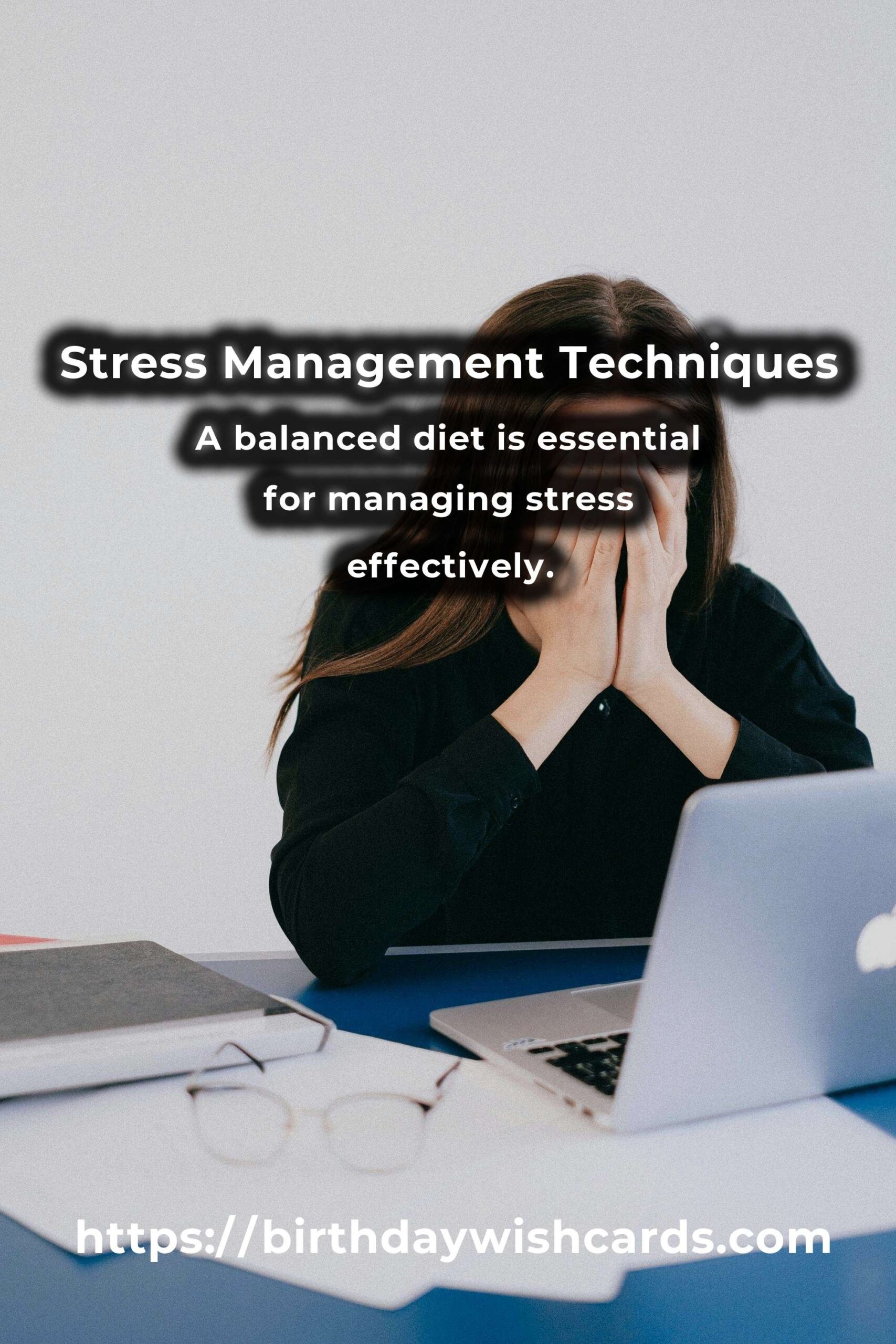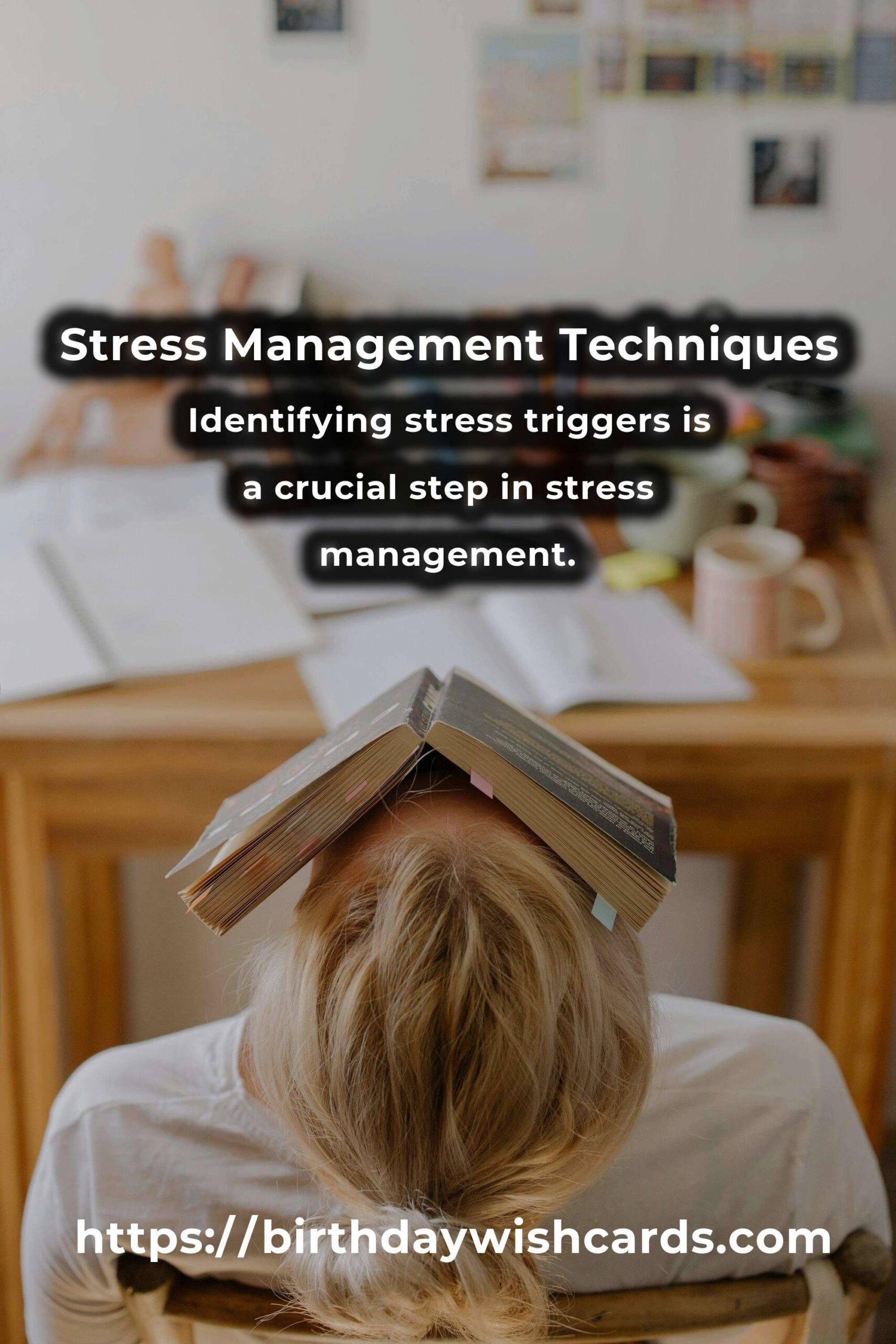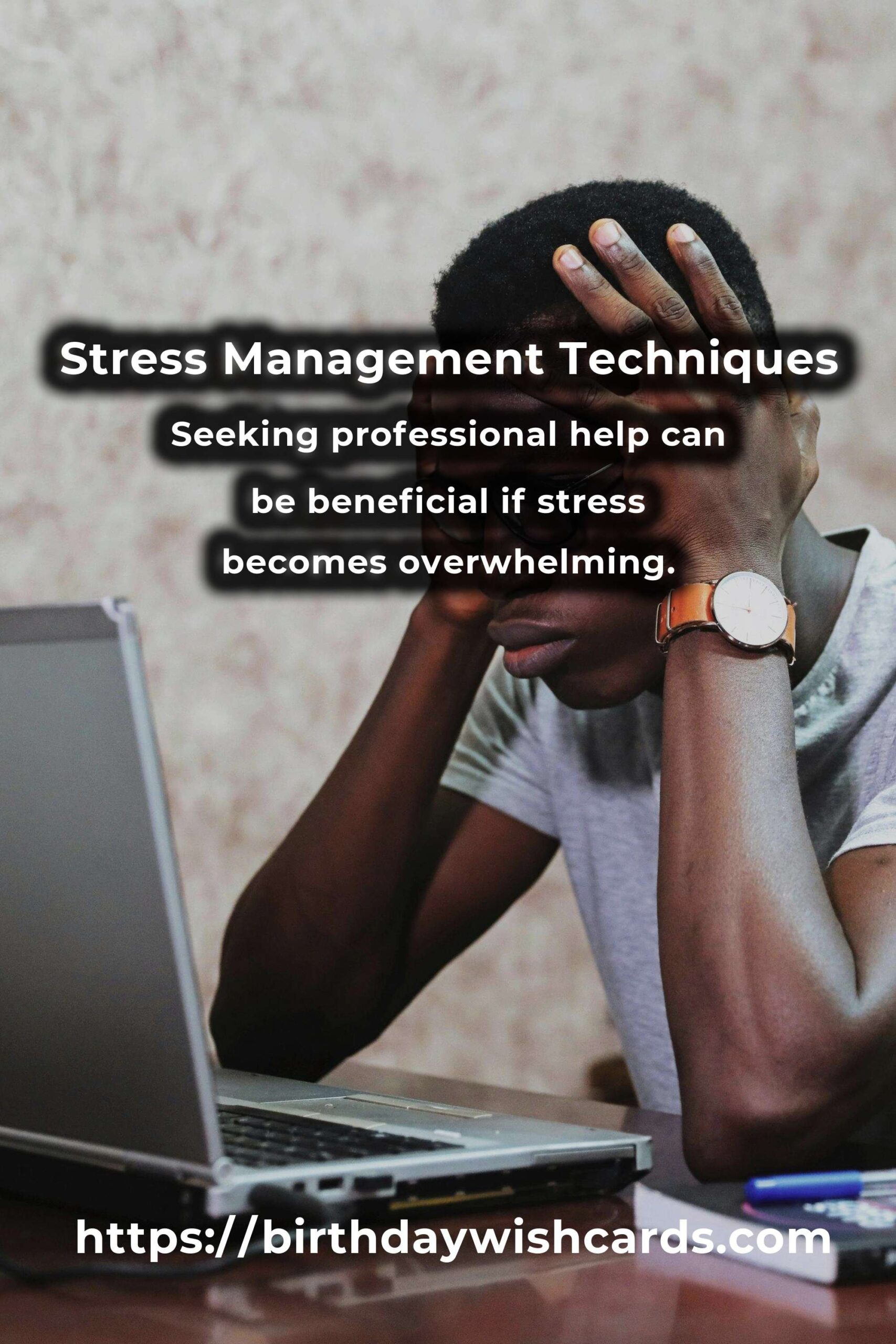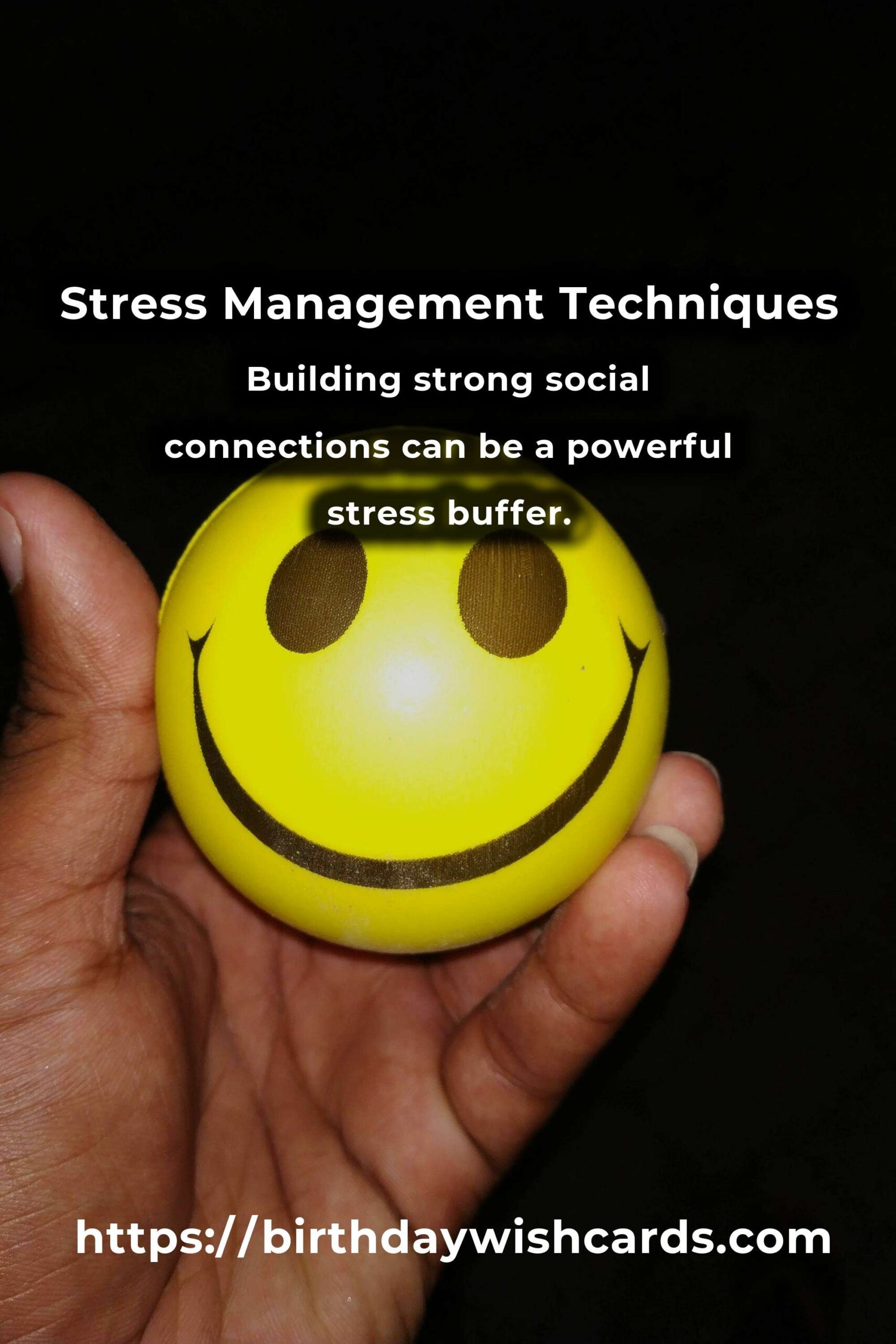
In today’s fast-paced world, stress has become an inevitable part of our lives. Understanding how to manage stress effectively is crucial for maintaining mental and physical well-being. This article delves into expert advice and secrets for managing stress effectively.
Understanding Stress and Its Impact
Stress is the body’s response to any demand or threat. It can be triggered by various factors, including work pressure, financial issues, personal relationships, or unexpected life changes. When you perceive a threat, your body triggers a ‘fight or flight’ response, releasing hormones like adrenaline and cortisol. While this response can be helpful in certain situations, chronic stress can lead to numerous health problems, including anxiety, depression, cardiovascular diseases, and a weakened immune system.
Identifying Stress Triggers
One of the first steps in stress management is identifying the sources of stress in your life. Keep a stress journal to track your stressors and how you respond to them. This can help you identify patterns and understand what triggers your stress. Once you know your stressors, you can start working on strategies to manage them.
Expert-Recommended Stress Management Techniques
Exercise Regularly
Exercise is one of the most effective ways to combat stress. Physical activity increases the production of endorphins, the body’s natural mood elevators. Aim for at least 30 minutes of moderate exercise most days of the week. Activities like walking, jogging, yoga, or dancing can significantly reduce stress levels.
Practice Mindfulness and Meditation
Mindfulness and meditation are powerful techniques for managing stress. Mindfulness involves staying present and fully engaging with the current moment. Meditation, on the other hand, focuses on relaxing the mind and body. Regular practice of mindfulness and meditation can help reduce stress, improve focus, and enhance overall well-being.
Maintain a Healthy Diet
A balanced diet is essential for managing stress effectively. Foods rich in omega-3 fatty acids, like salmon and walnuts, can help reduce stress and improve mood. Additionally, incorporating plenty of fruits, vegetables, and whole grains into your diet can provide the necessary nutrients to support your body’s stress response.
Get Adequate Sleep
Sleep is vital for stress management. Lack of sleep can exacerbate stress and lead to a cycle of sleep problems and increased stress. Aim for 7-9 hours of quality sleep each night. Establishing a regular sleep routine and creating a relaxing bedtime environment can improve sleep quality.
Connect with Others
Building strong social connections can be a powerful stress buffer. Spending time with friends and family, joining community groups, or participating in social activities can provide emotional support and help you manage stress more effectively.
Seeking Professional Help
If stress becomes overwhelming, seeking professional help from a therapist or counselor can be beneficial. Therapy can provide strategies to cope with stress, address underlying issues, and improve mental health.
In conclusion, stress management is a vital skill that requires understanding, patience, and practice. By incorporating these expert-recommended techniques into your daily routine, you can effectively manage stress and enhance your overall quality of life.
Stress is the body’s response to any demand or threat. Chronic stress can lead to numerous health problems. Identifying stress triggers is a crucial step in stress management. Exercise increases the production of endorphins, reducing stress. Mindfulness and meditation are powerful techniques for managing stress. A balanced diet is essential for managing stress effectively. Sleep is vital for stress management. Building strong social connections can be a powerful stress buffer. Seeking professional help can be beneficial if stress becomes overwhelming.
#StressManagement #Mindfulness #MentalHealth #WellBeing












